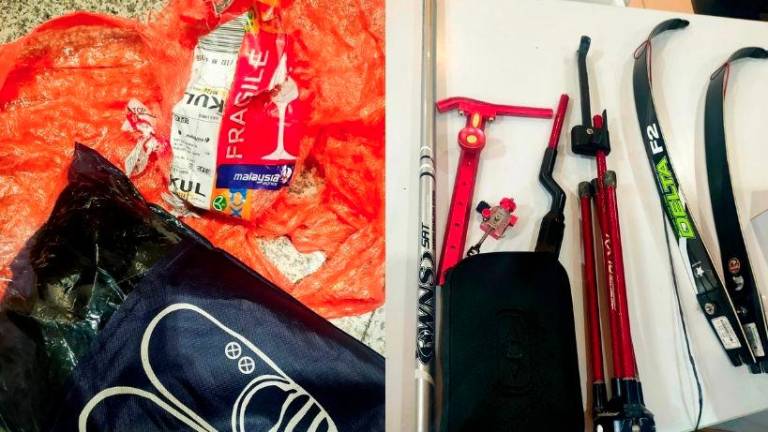WHEN I was studying for my LLB (Hons), a friend got 59 out of 60 for Constitutional Law. This made his grade a second lower class, and he just needed one more mark to make it a second upper. So he bravely girded his loins and went to speak to the subject’s lecturer, who also happened to be the Dean of Law, to wrangle that one mark.
I waited outside watching the heated debate. About 15 minutes later, my friend emerged from the room with the lecturer, who shook her head and said to him, “I’m sorry but your paper is a good second lower piece of work, but it doesn’t have the quality of second upper class paper.”
Thoroughly dissatisfied, he spent the next hour ranting about the injustice of it all. But from that experience, we had a greater learning of integrity.
In this day and age, however, integrity and education seem to be far removed. My friends, who work in private education, say that students demand a mark higher so that their grade point shifts, parents claim that they are the consumer and therefore they have the right to demand a higher grade for their children. This shift in thought is very disturbing.
It has spiralled into a society where political leaders claim to have an educational background they don’t, and industrial leaders with honorifics they may have purchased.
People claim that money counts for everything, but if that is the case, why bother buying certificates or honorifics? Just say that you have bucketloads of money, but be a plain “Mr” or “Encik” with an SPM. Enough, right?
People work hard to get good grades. They just don’t fall down from heaven. People also work hard to get good enough grades to get into Oxbridge or an Ivy League university. When someone says they belong to a certain alumni, or have a certain grade, they usually say it with pride because they slogged for it.
When I assert that I have a certain qualification or went to a certain university, I am saying that I have a certain level of education. And according to Prof Bishop of California State University San Marcos, “A quality education requires a commitment to an ever deeper understanding of self and of one’s place in the social and natural world; and when successful, it leads to a critical examination of the assumptions that guide one’s life.”
Surely misrepresenting one’s academic background is the opposite of all of the above?
When I say I have such and such a grade, or belong to such and such an alumni, I am representing myself to be of a certain calibre, especially in the context of entering office or getting hired for a job.
Let’s face it, if I were to say I had a first class from LSE during a hypothetical application for a job, and later on, it is discovered that I misrepresented such an assertion, I would definitely get fired. It wouldn’t matter that I didn’t kill anyone, or embezzle funds, or performed fantastically during my tenure.
This is because the foundation of my performance in that job is based on a misrepresentation. How can my employers trust me again after that? It’s not a “witch hunt”, it’s “integrity”.
It is funny that we have to even discuss this. Integrity, not cheating, telling the truth, these are basic values that parents should have taught their offspring at a very early stage. This makes me wonder about what’s really wrong with our society.
Back to my friend, both he and I don’t use our LLBs at all. But we both ended up with second upper class degrees, and I can tell you, we worked really hard for it, and it is valid. The public is welcome to do due diligence on it.
Daniel is into health, fitness and yoga. Comments: letters@thesundaily.com










